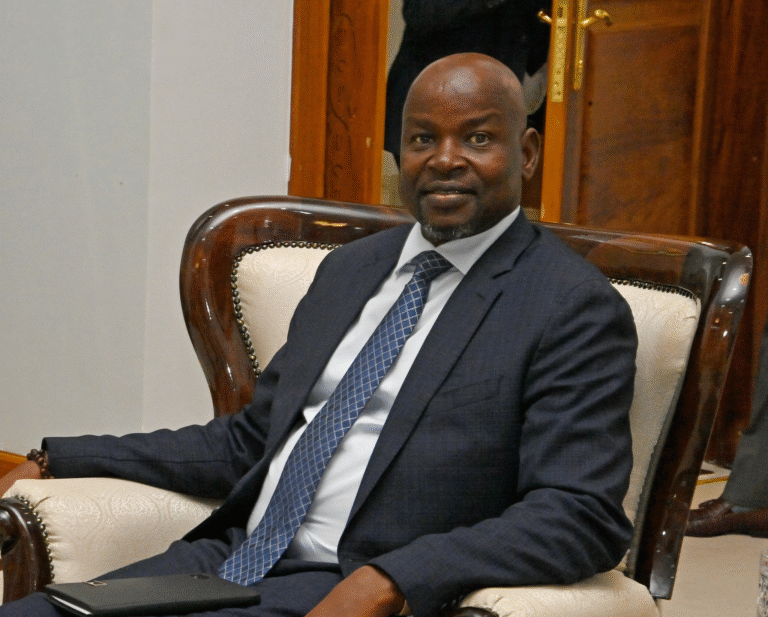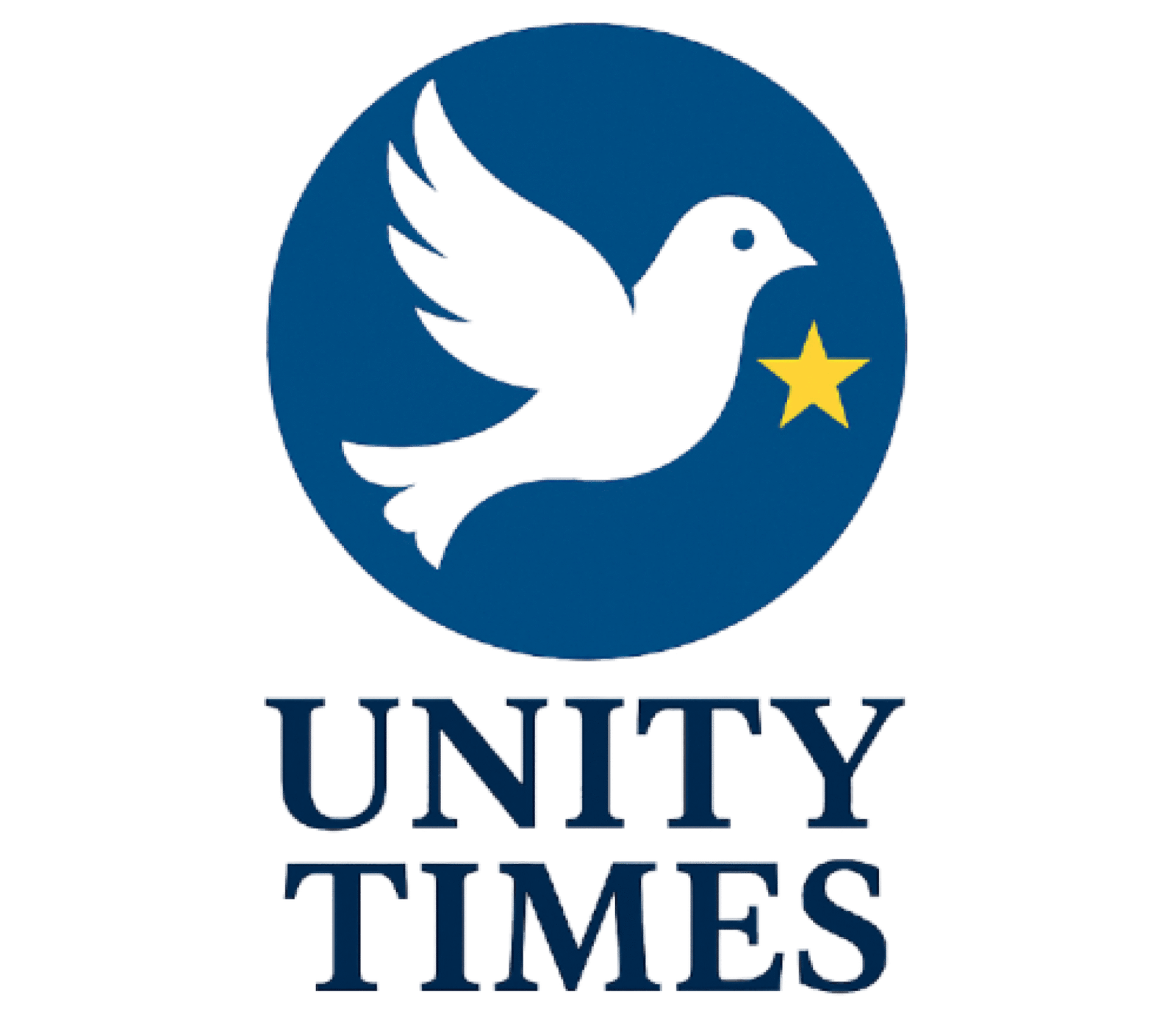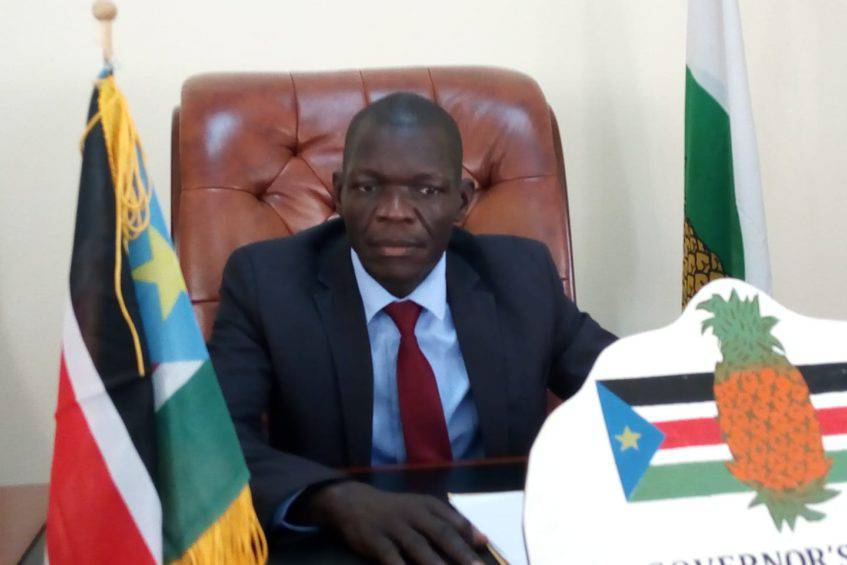
South Sudan’s political elite stand accused of systematically looting the country’s vast oil wealth while abandoning millions of citizens to hunger, disease, and displacement, according to a damning new United Nations report released Tuesday.
The report, “Plundering a Nation: How Rampant Corruption Unleashed a Human Rights Crisis in South Sudan,” was published by the UN Commission on Human Rights in South Sudan at the Human Rights Council’s 60th session. It concludes that years of deliberate mismanagement, corruption, and violent competition for resources have pushed the world’s youngest nation to the edge of collapse.
“South Sudan’s leaders have captured the state and converted its resources into private power,” said Yasmin Sooka, chair of the Commission. “This is not about weak institutions. It is a calculated strategy of plunder that has condemned ordinary South Sudanese to misery.”
The report paints a devastating picture. Since independence in 2011, the government has earned more than $23 billion in oil revenues and taken at least $2.2 billion in oil-backed loans. Yet the funds have vanished into opaque patronage networks, leaving basic services in ruins. South Sudan now ranks 192 out of 193 on the UN Human Development Index, with one in ten children dying before their first birthday and over four million people displaced. Investigators highlighted the notorious “Oil for Roads” scheme, through which $2.2 billion in oil money was diverted to politically connected companies. Despite its promise of infrastructure, few roads have been built. Between 2020 and 2024, the Ministry of Presidential Affairs overspent its budget by nearly six times, while the ministries of health and agriculture received only a fraction of their allocations.
The Commission stressed that this widespread corruption directly violates South Sudan’s obligations under international law, particularly the International Covenant on Economic, Social, and Cultural Rights, which the country ratified in 2024. By failing to direct resources to food, health, and education, the state is not only neglecting but actively undermining the survival of its people.
The report comes amid spiralling violence. Renewed fighting, aerial bombardments, and arbitrary detentions of opposition figures in 2025 have raised fears of a return to full-scale civil war. Meanwhile, famine warnings have resurfaced, with 76 of South Sudan’s 79 counties projected to face crisis-level hunger. The Commission urged the government to immediately redirect spending toward basic services, cancel corrupt contracts, and establish meaningful accountability measures. It also called on the African Union, regional powers, and international donors to place anti-corruption and human rights reforms at the centre of all engagements with Juba.
“Grand corruption is not incidental,” the report concluded. “It is the engine of South Sudan’s crisis.”

